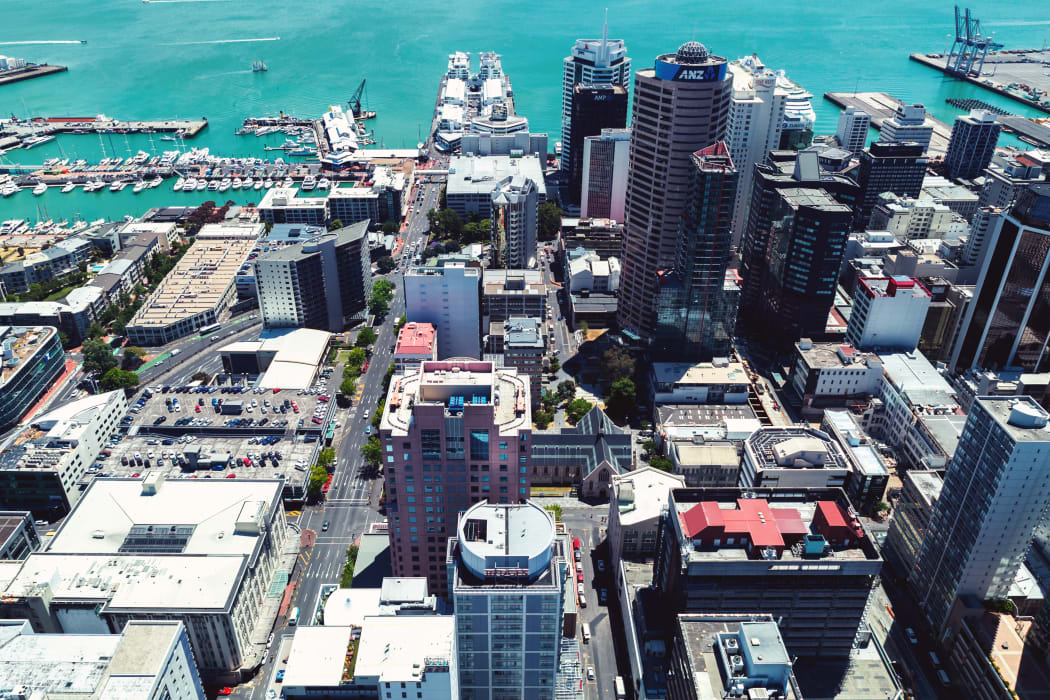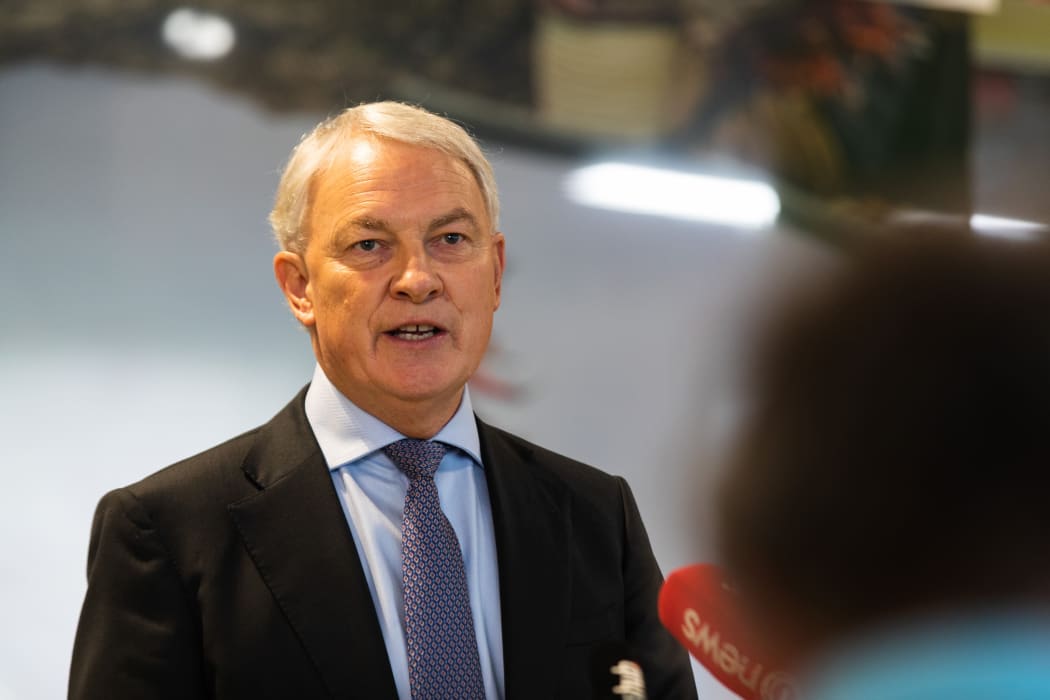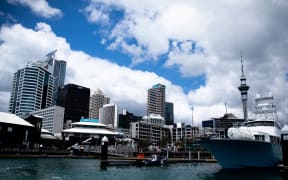A high-level review of Auckland's council-controlled organisations (CCOs) recommends merging its two events agencies that operate in many of the same - and sometimes overlapping - areas

Photo: 123RF
A highly critical report released today into council-controlled organisations in Auckland paints a picture of confusion and detachment from the main council.
A panel led by lawyer Miriam Dean QC spent six months reviewing the city's five CCOs, an exercise promised by Mayor Phil Goff during his 2019 re-election campaign.
The five are Auckland Transport, Watercare, Regional Facilities Auckland, Auckland Tourism Events and Economic Development (ATEED] and Panuku.
The panel made 64 recommendations to address a lack of clear strategic direction provided by the council, and for the CCOs to strike a better balance between their sometimes-competing commercial and public interests.
"The public feel that too much heed is paid to the notion that CCOs are commercial entities," review panel chairperson Miriam Dean QC said.
"In truth, they're not because at heart they're community-owned assets."
The report recommended a merger of Regional Facilities Auckland and ATEED and says the organisations need to remember who funds them - Aucklanders.
It suggested a merger could save up to $67 million over the next 10 years.
The review found that public confidence and trust in the council and its five CCOs was low.
Dean said the merger was suggested because both organisations operated in many of the same - and sometimes overlapping - areas.
"A particular prompt for us was again listening to the public of Auckland because one of the things that riles the public is duplication and by merging ATEED and RFA would eliminate a great deal of duplication that exists currently in the events space."
Another thing that really gets stuck in the public's craw is the high six-figure salaries paid to top CCO executives, such as Watercare's chief executive pay packet between $770,000 and $780,000 a year.
The panel recommended that the council set expectations about what CCO bosses should earn.
Auckland's stadiums were also scrutinised, with the review panel finding they should be consolidated under joint management
"The stadium strategy has now been in gestation for some eight years, and yet there are some looming decisions to be made about investment in our stadiums," Dean said.
"We put it very clearly and directly in our report on behalf of Aucklanders, we do not need - nor can we afford - four stadiums."

Auckland Mayor Phil Goff. Photo: RNZ / Dan Cook
Goff said he recognised the council needed to improve its communication with the CCOs.
"I think there is a gap in the high-level plans the council runs, such as the Auckland Plan, and then the practical plans and management strategies we have. There is a gap in the middle there and it is about the strategic direction to the CCOs."
Goff called the merger idea compelling but didn't go as far as endorsing it.
"The review panel makes quite a strong case for what the benefits of that might be, they also reflect on what the risks of that might be," he said.
"I would imagine that council would need to make a decision quite promptly on whether this is the right way to go because at the moment we have two organisations that are in limbo waiting to find out what their future might be."
Goff said 10 years on from the formation of the super city there were many aspects that were right but many things that needed improving.
The CCOs manage two-thirds of Auckland Council's assets and spens half of its operational budget, "so a strong focus on these areas is critical," Goff said.
Deputy mayor and CCO Oversight Committee chair Bill Cashmore said the report had drawn from submissions and interviews with hundreds of stakeholders as well as council and CCOs to make recommendations for improvements.
Auckland Transport former chair Lester Levy said he did not experience a lack of communication with the council in his seven years, and he found the relationship challenging rather than dysfunctional.
"I guess my answer to all of this is it's all quite paradoxical. You know, everyone's always working to improve but it is a complex structure."
The council's governing body will consider the review's recommendations before any changes are made.
Councillors will consider the report before making decisions on which recommendations will be adopted as part of the 10-year Budget.



